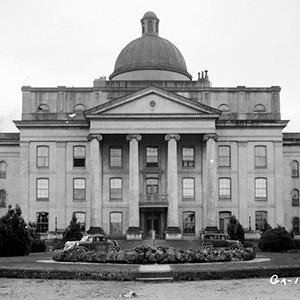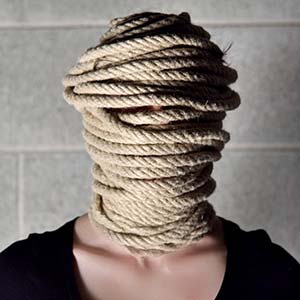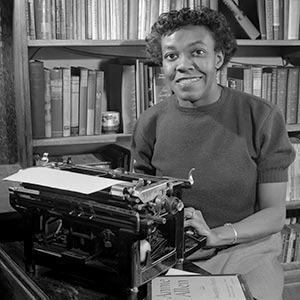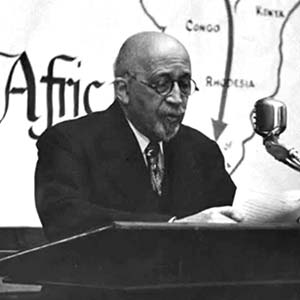
Thérèse Cory, “Aquinas from Above and Below: Revisiting Ancient Conceptions of the Mind”
Contemporary thinking in fields from political ethics to psychology has been shaped by the writings of Thomas Aquinas, but his model of the mind has been ignored or misunderstood by scholars. In this podcast, Fellow Thérèse Cory reminds us why Aquinas’ relevance extends across disciplines and centuries, and advocates putting him back into conversation with his scholarly influences.








